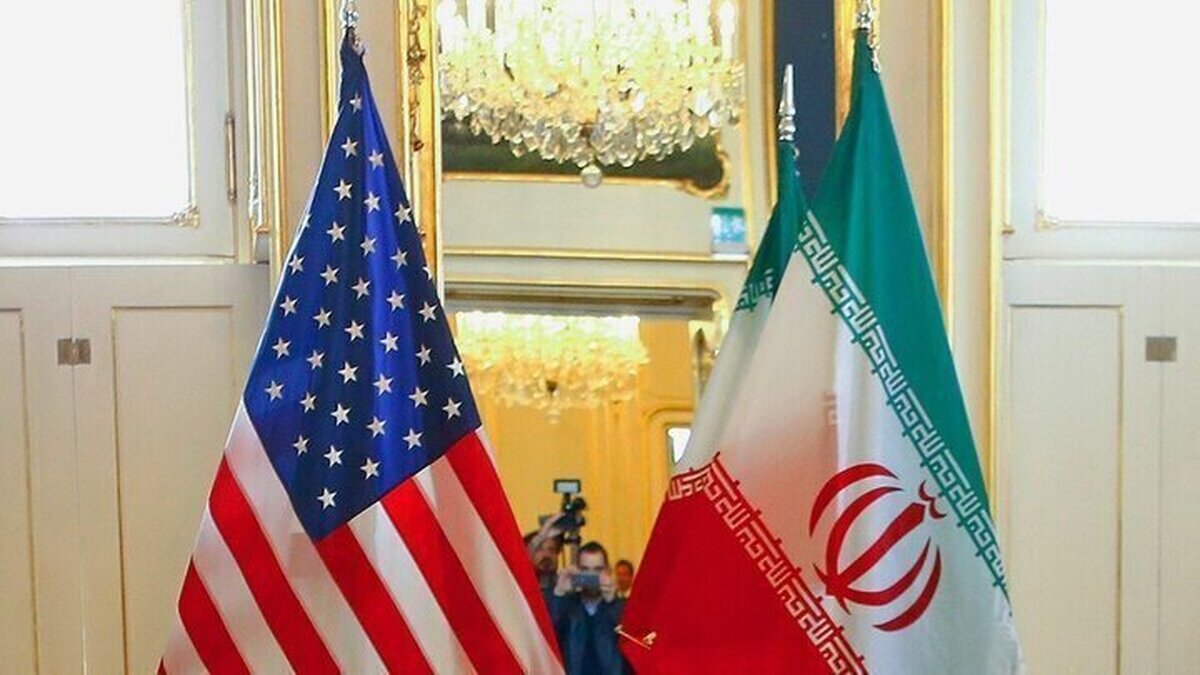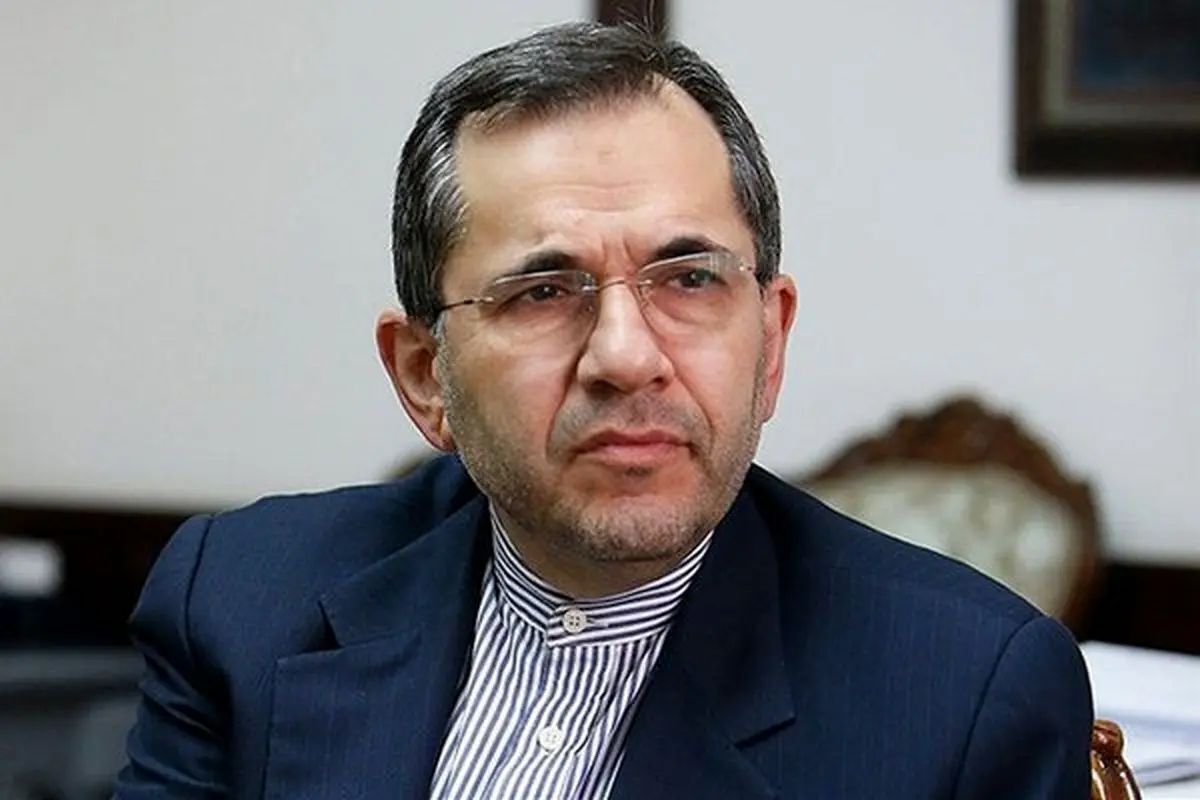
Analyst: Iran-US Talks Impossible Without Perceptual Shift
EghtesadOnline: An agreement with America is not possible, as long as dialogue with the US government is considered an "ideological defeat" and neither side is ready to offer concessions, a political analyst says.
"Some in Iran regard talks with the United States as a compromise as well as an ideological retreat and defeat. As long as this view persists, a win-win negotiation is not possible," Mehdi Motahharnia, a university professor, told ISNA in a recent interview.
Tehran and Washington cut diplomatic ties shortly after Iran's Islamic Revolution, which overthrew the US-backed shah in 1979.
Enmity toward the US and resentment about its interference in Iran have long been a rallying point for Iranians who maintain that American officials can never be trusted in view of their track record, including the 1953 US-led coup that overthrew the democratically-elected prime minister, Mohammad Mosaddeq, according to Financial Tribune.
The US-Iran confrontation has ratcheted up since last year, when US President Donald Trump withdrew Washington from Tehran's 2015 nuclear deal with major powers and reimposed tough sanctions on Iran that were lifted under the pact in return for nuclear curbs.
Prospects for Dialogue
Motahharnia said the US government believes dialogue is the best and the least costly option to advance its agenda of getting concessions from Iran.
"However, I do not have an optimistic view of the prospects for direct talks between Iran and the United States or their negotiations within the framework of P5+1 [the six world powers who were originally party to the deal] because, in addition to differences of opinion, neither the Iranians nor the Americans are ready to offer the concessions sought by the other party," he said.
European signatories to the accord have sought to pull back the two longstanding foes from direct confrontation and salvage the agreement by promising to provide Tehran with economic benefits to offset the harm from US penalties.
Motahharnia said a continuation of the standoff between Iran and the West would only increase tensions and heap greater pressure on Iran.
On European efforts to save the nuclear deal, the expert said Europe stopped fulfilling its commitments under the deal a long time ago and is only scrambling to maintain its diplomatic efforts.
"The truth is that the Europeans are unable to honor their obligations," he said.
The professor noted that the noose around will Iran will get tighter, if Iran further reduces its compliance with the pact.
Tehran has vowed to keep reducing its commitments every 60 days unless Europe upholds its side of the deal and compensates for the US exit.
It has so far exceeded the deal's limits on nuclear enrichment purity and stockpiles of enriched uranium, as well as research and development, and has promised more cuts in its commitments unless Europe acts. Tehran says its measures are reversible.
"The implementation of next steps toward scaling back nuclear commitments and Europe's inaction … would create an opportunity for intensified pressure by the United States and the international community on Iran," Motahharnia said, adding that this is precisely what Trump wants.
"He attempted to provoke Iran with the imposition of sanctions while trying to not portray himself as a warmonger and instead confront Iran by building an international consensus," he said.



